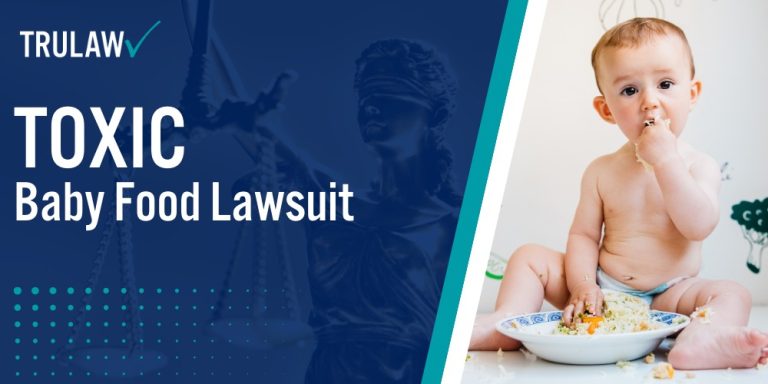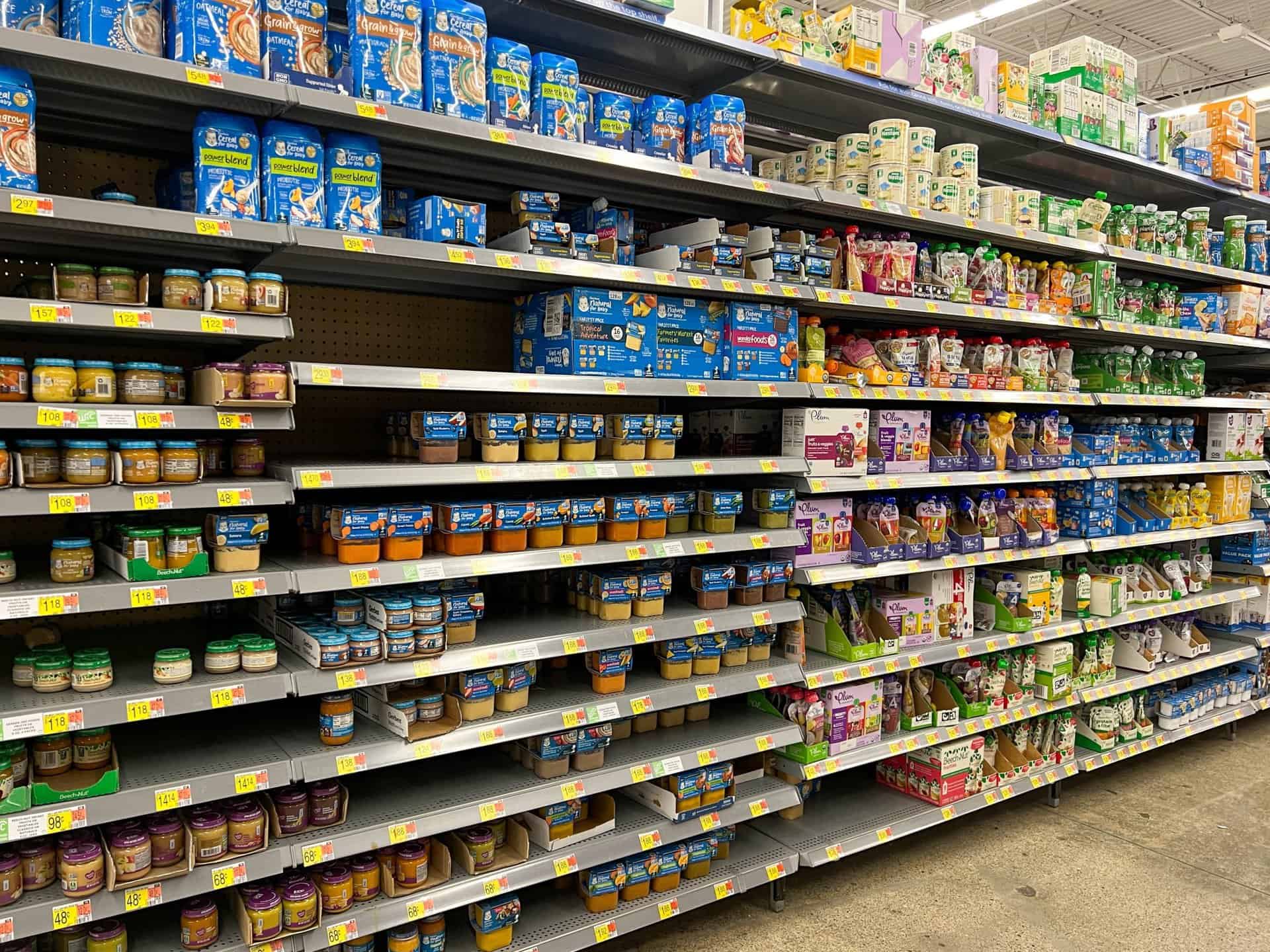Baby food litigation emerged after discovery that major manufacturers knowingly sold products containing dangerous levels of heavy metals despite internal testing revealing contamination.
Families across the nation have taken legal action through toxic baby food litigation after their children developed serious health conditions following consumption of contaminated baby food products.
Manufacturers’ internal testing revealed contamination with arsenic, lead, cadmium, and mercury, yet companies continued sales without adequate warnings to parents about the risks these toxic substances posed to infant neurodevelopment and long-term health.
What Are Baby Food Lawsuits About?
Baby food lawsuits represent product liability claims against manufacturers who sold infant products contaminated with toxic heavy metals that affect children’s neurodevelopment and overall health.
These legal actions seek to hold companies accountable for harm caused to infants who consumed products containing dangerous levels of arsenic, lead, cadmium, and mercury during the most vulnerable developmental stages.
Plaintiffs have raised several core allegations in these cases:
- Manufacturer knowledge of contamination through internal testing that revealed heavy metal levels exceeding safety thresholds
- Failure to warn consumers and parents about the presence and dangers of toxic heavy metals in baby food products
- Contamination with multiple toxic substances including arsenic, lead, cadmium, and mercury in both conventional and organic product lines
- Developmental disorders allegedly caused by heavy metal exposure, including autism spectrum disorder, ADHD, learning disabilities, and reduced cognitive function
These baby food claims seek compensation for children who developed autism spectrum disorder, ADHD, developmental delays, and neurological damage after consuming contaminated products during infancy.
All toxic baby food lawsuits in federal courts nationwide have been merged into the toxic baby food MDL in the Northern District of California, where approximately 211 lawsuits are currently pending as of November 2025.
The MDL consolidation, designated as Case No. 3:24-md-03101 before Judge Jacqueline Scott Corley, allows for coordinated pretrial proceedings while individual families maintain their distinct claims for damages.
If your child was diagnosed with a neurodevelopmental condition after consuming baby food from brands named in the litigation, TruLaw can evaluate your case immediately to determine eligibility for compensation.
If your child developed autism, ADHD, or other neurological conditions after consuming contaminated baby food products, you may be entitled to compensation for medical expenses, ongoing care needs, and the lifelong impact on your child’s development.
Contact TruLaw using the chat on this page to receive an instant case evaluation and determine whether you qualify to join others in filing a toxic baby food lawsuit today.
Timeline of Baby Food Litigation
The baby food litigation timeline began with a February 2021 Congressional report exposing dangerous heavy metal levels in popular baby food brands sold throughout the United States.
This investigation triggered a wave of litigation from families whose children developed health conditions after consuming contaminated infant products during their most vulnerable developmental years.
The litigation evolved through these milestones:
- February 4, 2021: Initial Congressional investigation released findings on heavy metal contamination in major baby food brands
- September 29, 2021: Follow-up Congressional report provided additional evidence of manufacturer knowledge and inaction
- April 11, 2024: The U.S. Judicial Panel on Multidistrict Litigation consolidated all federal baby food lawsuits into MDL 3101 in the Northern District of California
- November 2025: Approximately 211 lawsuits currently pending in the MDL with case count continuing to grow from the initial 25 cases filed
- December 2025: Causation hearings scheduled with expert testimony on the link between heavy metal exposure and neurodevelopmental harm
Recent court rulings have allowed defective manufacturing and failure-to-warn claims to proceed to the trial phase.
The MDL consolidation under Judge Jacqueline Scott Corley established streamlined procedures for discovery and motion practice across all federal cases.
December 2025 causation hearings will feature expert testimony examining the medical evidence connecting heavy metal exposure to neurodevelopmental disorders in children.
These proceedings will help determine the scientific basis for claims that contaminated baby food caused specific health conditions.
Bellwether trials are scheduled to begin in 2026, with outcomes expected to influence settlement negotiations and provide insight into how juries evaluate these product liability claims against major manufacturers.
Families affected by contaminated baby food deserve answers about their legal options.
TruLaw partners with baby food litigation leaders to help determine eligibility and provide the legal resources needed for pursuing justice.
If your child was diagnosed with a neurodevelopmental disorder after consuming baby food from brands named in the litigation during infancy, you deserve answers about your legal rights and potential compensation.
Contact TruLaw using the chat on this page to receive an instant case evaluation and learn whether you qualify to file a baby food contamination lawsuit today.


